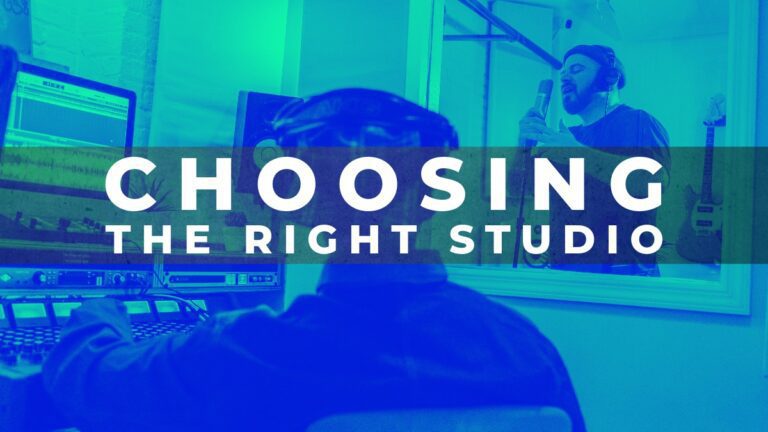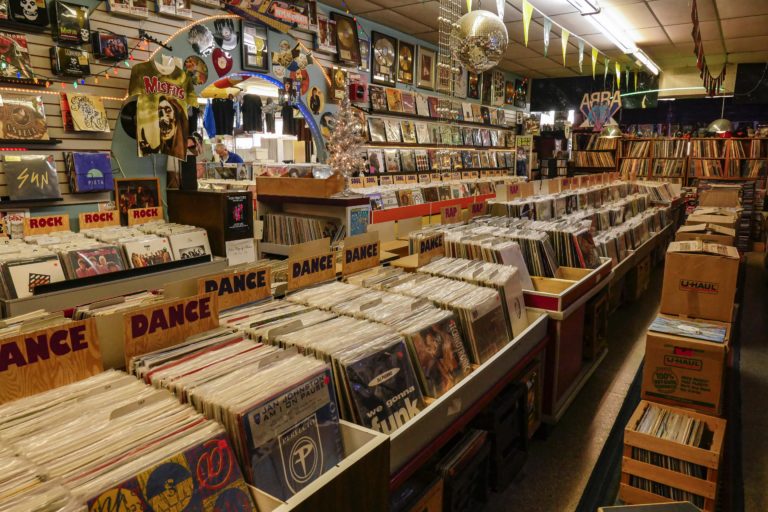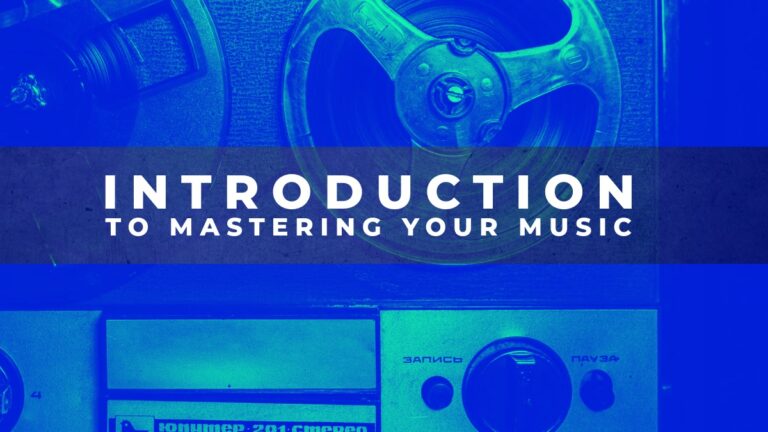Introduction
Navigating the complex world of recording studios can be challenging for Christian artists. This guide is designed to demystify the process, offering practical tips on how to find a professional studio that resonates with your values and meets your technical needs.
Understanding the Roles in a Recording Studio
When working in a professional studio environment, it’s essential to understand the specific roles and creative boundaries of those involved in the recording process. This ensures smoother collaboration and prevents potential conflicts.
1. Producer
The producer acts as the project’s creative director. They collaborate closely with the artist to shape the overall sound and direction of the music. While the producer contributes creative input, their role is to enhance the artist’s vision, not take control of it. A clear boundary is ensuring the artist’s goals remain central, with the producer providing guidance that aligns with these goals.
2. Recording Engineer
The recording engineer is responsible for capturing the audio as cleanly and professionally as possible. Their main tasks include setting up microphones, running the recording software, and ensuring optimal sound quality. Unlike the producer, the recording engineer’s role is technical rather than creative. Their boundary should be to focus on accurately recording what’s being performed, leaving creative decisions to the artist and producer.
3. Mixing Engineer
The mixing engineer takes the recorded tracks and balances the levels, tones, and effects to create a polished final product. This role is highly technical, and while they make artistic decisions regarding sound balance, effects, and ambiance, they work within the direction provided by the artist and producer. Their boundary is to ensure the mix enhances the music without altering its original creative intent.
Asking the Right Questions to Ensure a Great Studio Experience
Booking a recording studio is about more than just equipment—it’s about ensuring the right fit for your needs, especially when it comes to the recording engineer. Here are two key questions to ask when booking a session to ensure you have a smooth, professional experience:
1. What is the recording engineer’s role during the session?
This question clarifies the engineer’s responsibilities. Ideally, their role should be primarily technical—ensuring that your sound is captured cleanly and efficiently—while leaving creative decisions to you and your producer. By establishing these boundaries early on, you can avoid situations where the engineer might inadvertently steer the creative direction.
Example Question: “Will the engineer’s focus be on recording the session technically, or do they also provide creative input during the process?”
2. What kind of experience does the engineer have with my genre or project type?
While it’s not always necessary for the engineer to specialize in your genre, it’s helpful to know if they’ve worked on similar projects. Experience in your musical style means they’ll understand the specific nuances and technical requirements necessary to capture the best sound.
Example Question: “Has the engineer worked on projects similar to mine in terms of style or genre?”
Additional Tips for a Successful Studio Session
To make the most of your recording session, it’s important to prepare both creatively and technically. Here are a few tips to ensure you get the best results:
1. Discuss Headroom for Dynamic Vocals
Especially in genres like gospel, where vocal dynamics can be unpredictable, it’s important to discuss headroom with the engineer beforehand. Recording with sufficient headroom prevents distortion or clipping during powerful vocal sections. Make sure the engineer leaves enough space (around -6dB to -12dB) for those dynamic moments, allowing for a cleaner final mix.
Tip: “Ask the engineer to ensure there is enough headroom, especially for dynamic vocal performances common in gospel music.”
2. Arrive on Time, Not Too Early
While it’s important to be punctual, arriving extra early to a session can disrupt the studio’s preparations. Studios typically have a schedule, and arriving too early can catch them off guard. Being on time, rather than early, is a sign of professionalism and ensures that the session starts smoothly.
Tip: “Aim to arrive on time rather than significantly early to respect the studio’s schedule and setup process.”
Equipment Quality
A good starting point in finding a studio is assessing the quality of its equipment. You don’t need to be an audio expert, but a quick Google search can reveal a lot. Look at the studio’s Google profile photos—a clean, well-organized space often indicates a professional setting with high-quality equipment.
Focus on Engineering, Not Genre
If you’re already working with a producer, your search for a studio should focus on its technical capabilities rather than its genre specialization. This opens up a broader range of studios for your project. Look for a studio with a skilled engineer whose primary role is to capture your vocals cleanly and clearly. This approach ensures you get the best raw recordings for your producer to work with, expanding your choices for a studio that fits your schedule and needs.
Studio Pricing
Recording studios typically charge hourly rates based on reputation, location, and amenities. A Google search can help you compare rates, from budget-friendly studios at $40-$60 per hour to high-end spaces charging upwards of $200 per hour. Keep in mind that the most expensive option isn’t always the best for your needs. Also, check for minimum booking requirements on their Google business profile or website.
Choosing the Appropriate Studio Caliber
Bigger isn’t always better when it comes to studios. If you’re recording vocals, a massive studio designed for large orchestras might not be necessary. Use Google to find studios specializing in your requirements, ensuring cost-effectiveness and suitability.
Reviews
Reviews are invaluable. Platforms like Google and Yelp offer insights into studios. Look for consistent positive feedback emphasizing ‘professionalism,’ ‘high-quality recording,’ or ‘family-friendly’ settings. These reviews can provide a well-rounded view of what to expect.
Website Checks
A studio’s website can tell you a lot about its professionalism. Look for an updated, well-designed site that offers a portfolio, a detailed list of services, or even a blog offering valuable insights. If they invest time and effort into educating their clients, they will likely deliver quality service.
Value Alignment
As a Christian artist, the studio environment can be as important as the services offered. Look for a ‘Code of Conduct’ or ‘Studio Policies’ listed on their website. These can offer clues about whether the space aligns with your values. Reviews that mention a ‘family-friendly’ atmosphere or professionalism can also be telling.
Direct Contact and Pre-Visit
Direct contact with the studio is invaluable. Call to inquire about smoking, drinking, and general atmosphere policies. Some studios may offer a tour, arranged through their contact details on Google, allowing you to experience the environment firsthand before committing.
Conclusion
Selecting the proper recording studio goes beyond price and equipment. It’s about finding a place that fulfills your technical needs while respecting your values as a Christian artist. By using these tips to harness Google’s power in your search, you’ll be well-equipped to find a studio that enables you to produce your best work.


